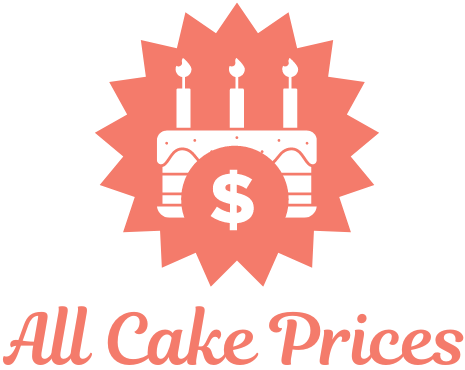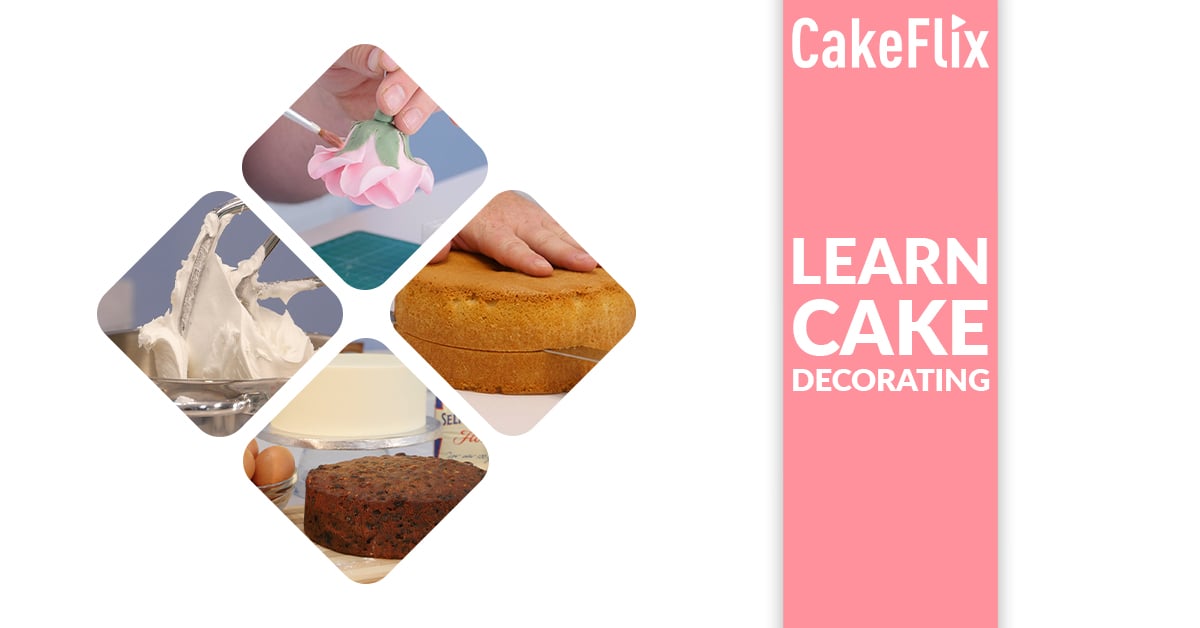If you’re new to the world of baking, you may not know that there are countless types of flour out there. In fact, people even grind crickets into flour for a sustainable protein source that is capable of being baked into any form you’d like. However, that isn’t the kind of flour this article is about.
Different types of flour work best for creating different kinds of baked goods, and require varying ratios of dry to wet ingredients. For example, whole wheat flour is more absorbent than white flour, so more liquid is needed. This means whole wheat doughs will be especially sticky and challenging to work with. You’ll want to choose the right dough for both your project and for your skill level.
We’ll help you choose the right four for the job, and understand how to use it, we’ve gathered the top ten most common flours. You will learn what they are, their uses, and which flours will make your food even more delicious. From All-Purpose to Potato flour, the options and combinations are nearly limitless.
Ten Types of Flour and Their Uses
1. All-purpose flour
This is the first of the ten types of flour we are going to discuss. All-purpose flour is precise as its name suggests: for all purposes. Soft varieties of wheat are perfect for making white flour. Since most parts of the wheat seed are stripped away during processing, all-purpose flour has the most stable shelf life of any flour on the market. Unfortunately, this means that it also lacks the fiber and nutrients of whole grain flours. Many people aren’t baking for the nutrients, though. This is the best flour for beginners or those who don’t have room in their kitchens for a ton of stored ingredients.
White bread, cakes, and cookies are all made with all-purpose flour. Be sure to sift your all-purpose flour when using it, creating more delicate goods, like pie crusts or cakes.
2. Bread flour
Bread flour is made from hard wheat and has more gluten and protein than other flours. This flour requires a lot of work, either hand kneading or processing with the dough hook attachment of a stand mixer. This develops the high level of gluten in the flour and helps it to create hearty, crusty, chewy textures.
Bread flour is the best flour to use for hard, crusty artisan bread and rolls. It is also perfect for dense, chewy goods like bagels and pretzels. It is not well suited for anything soft or delicate. No pies, cakes, dessert and bread for this flour.
3. Cake flour
Cake flour is one of the most decadent types of flour. It is a bleached, ultra-finely milled white flour. Bleaching slightly damages the starches in the flour. This allows them to absorb more liquid, and to rise higher, creating the tall, fluffy cakes we all pine for.

Anything made with cake flour will come out super soft, moist, and pillowy. These are great traits in a cake, but not so desired in other baked goods. Do not bake bread, rolls, biscuits, bagels, and pretzels with this flour.
4. Whole wheat flour

Whole wheat flour is not a beginner’s flour. Grinding the whole wheat seed into a rather coarsely milled powder is how you make whole wheat flour. High levels of fiber and protein offer superior nutrition, but also shorten shelf life. Like bread flour, you have to work whole wheat flour into a dough for it to develop the right texture. But, because of the sharp wheat granules cutting through its protein chains, it cannot be overworked without causing a crumbly finished product.
- We've reformulated our unbleached cake flour to be even better than before. Improved for better texture, our cake flour...
- Milled from the finest American wheat, our flour contains no bleach, no bromate and no artificial preservatives of any...
- King Arthur Cake Flour Unbleached and Unenriched is Non-GMO Project Verified and has 10% protein content
- Contains 1 - 3lb bag of Blue Diamond Almond Flour
- Great in recipes and baking
- Supports Keto and Paleo Lifestyles
Whole wheat flour is primarily used to make wheat bread and rolls. While it may be tempting to the nutrition-conscious, this flour is not suited for much else. Hearty and chewy bagels or pretzels will turn out crumbly, and tender cakes and pies will end up tough.
5. Self-rising flour
Self-rising flour is merely all-purpose flour with salt and baking powder, a leavening agent, added evenly throughout. Because of the added baking soda, self-rising flour does not have as long of a shelf life as all-purpose flour. Always check the expiration date on your ingredients before baking.
It is crucial not to use self-rising flour in place of all-purpose flour without adjusting the recipe. If you do so, you will end up with more salt and baking powder than the recipe demands. If self-rising flour is all you have, simply skip the salt and baking powder called for in the recipe, since your flour already contains them.
You should also avoid using self-rising flour in bread that calls for yeast, like sourdough.
6. Pastry flour
Pastry flour is one of the yummiest types of flour and it’s an especially low protein white flour. Low protein means less gluten development, and a lighter, less chewy texture. This flour is designed to be used with leavening agents, like baking soda, baking powder, or both. It is a bit heavier than cake flour, but a bit lighter than all-purpose flour.

Think flaky. Think breakfast. Biscuits, pie crusts, croissants, muffins, quick bread and soft cookies are all perfect candidates for pastry flour. If you can’t find pastry flour, cake flour works as an excellent substitute. No one will notice the difference.
7. Potato flour

Another one of the types of flour is potato flour. This is gluten-free and made from, you guessed it, potatoes. If you dry potatoes with their skin on and then grind them, the result is potato flour.
It is not the same as potato starch. That is a lesson many adventurous bakers have learned the hard way. Potato flour is more substantial than potato starch and lacks potato flavor. The starch tastes like potatoes and is more suitable as a thickener.
You may use potato flour as a substitute for white flour in gluten-free recipes. Because of the difference in the amount of liquid wheat and potatoes can absorb, it is necessary to reduce the amount of flour in a recipe when using potato flour rather than wheat flour. Simply cut out 1/8 cup of flour per cup of flour called for in your recipe, and replace the rest with potato flour.
8. Almond flour
If you or anyone you are cooking for has nut allergies, do not use nut flours. Almond flour is my favorite of the types of flour and it is made of just ground almonds. Unlike with grains, the terms almond flour and almond meal are used interchangeably to mean almond powder. You can use almond and other nut flours in gluten-free cooking. Low in carbs, high in protein, and high in fat, almond flour is a favorite for creating low carb baked goods by people on Adkins, South Beach, or Ketogenic weight loss diets.

Since almond flour lacks gluten, it will not bind baked goods together as wheat flour will. Thus, you cannot just swap out wheat flour for almond flour in baking recipes. While it’s possible to create delicious treats with almond flour, you will need to seek out recipes specially created for it if you want your gluten-free, low carb goods to turn out the way you’d hoped they would.
9. Coconut flour

Coconut flour is another popular alternative to wheat flour for those with gluten intolerance. Unlike almond flour, coconut flour is safe for those who suffer from nut allergies. Despite what you might guess from its fruity source, coconut flour is low in sugar. It’s also high in fiber, protein and healthy fats. This makes it another favorite for the health conscious and those with dietary restrictions.
Coconut flour absorbs more liquid than almond flour. It is also denser and creates a softer texture in baked goods. Since coconut flour still lacks gluten, it will require the use of gluten-free recipes. Like almond flour, you cannot substitute it for wheat flour. It will produce a more delicate product in the end than most nut flours will.
10. Barley flour

Barley flour is one of the healthiest types of flour. Barley is very high in fiber, including the specific fiber (beta glucan) which reduces cholesterol levels. Beta-glucan has also been shown to boost the immune system and help to regulate blood sugar. Barley does contain gluten and is not an alternative to wheat flour for those with gluten allergies.
Barely tends to produce quite crumbly baked goods when used on its own. We recommend you replace half of the wheat flour in quick bread, muffins, or pancake recipes to reap the health benefits of barley flour, while still retaining a desirable texture.
Now You Know Everything You Need To Know About Flour
Baking is an adventure. Don’t be afraid to experiment in your kitchen. Whether it’s baking everything with all-purpose flour and focusing on other touches, mixing flours to create unique textures, or cooking up gluten-free recipes, remember to express yourself. And don’t forget to share.
Speaking of an adventure, tell us about your favorite flour and recipes in the comments.
Featured Image: CC0, by markusspiske, via Pixabay
Last update on 2025-04-21 at 05:08 / Affiliate links / Images from Amazon Product Advertising API








Hi! I love how informative and great your articles are. Can you recommend any other blogs that share recipes ofPaleo Bars or any other healthy snack recipes? Thanks a lot!
I was curious if you ever considered changing the page layout of your site?
Its very well written; I love what youve got to say.
But maybe you could a little more in the way of content so people
could connect with it better. Youve got an awful lot of text for only
having 1 or 2 images. Maybe you could space it out better?
Also visit my website; https://Nacsoftware.com/